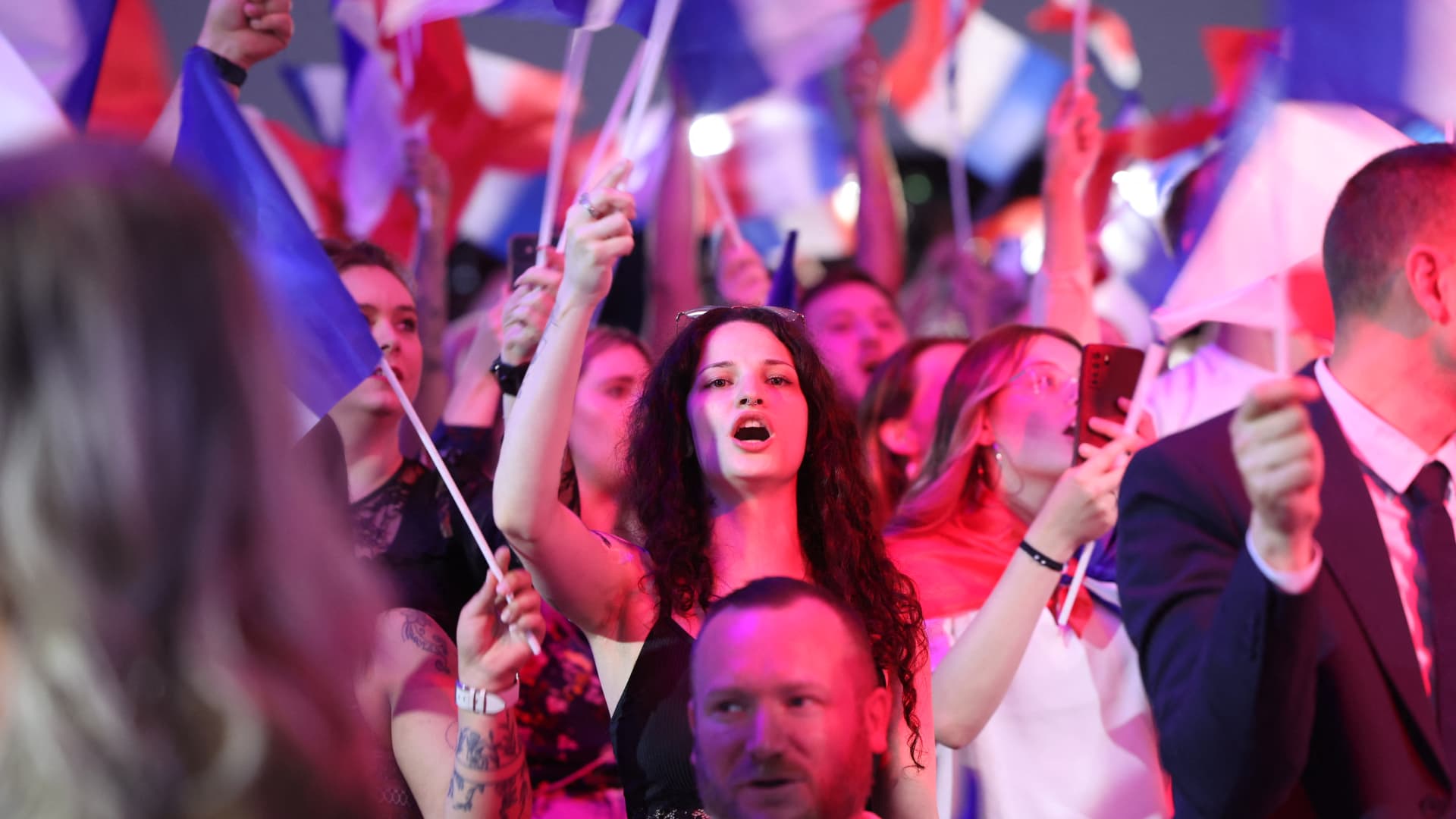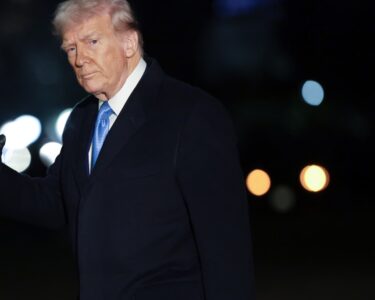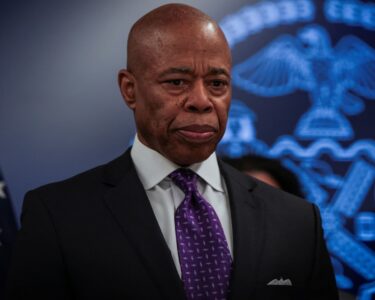French voters are heading to the polls on Sunday for the second and final round of voting in a snap parliamentary election.
After an initial ballot suggested the far-right National Rally (RN) group would become the biggest party in France’s National Assembly, parties on the center-right and left have joined forces to try to block RN’s advance.
Both President Emmanuel Macron’s “Together” (Ensemble) alliance and the left-wing New Popular Front (NFP) have called on voters to reject the party in the second round, and have withdrawn candidates in many constituencies where another candidate was better placed to beat the RN.
By offering voters a starker choice and fewer candidates, RN’s opponents hope that the electorate will opt for the non-RN candidate.
Analysts predict that National Rally — the nationalist, anti-immigrant and euroskeptic party led by 28-year-old Jordan Bardella and party figurehead Marine Le Pen — is now less likely to be able to achieve an absolute majority (of 289 seats in the 577-seat National Assembly) but is still likely to gather the most votes.
The so-called “republican front” strategy being pushed by pro-Macron and left-wing parties has the primary aim of making it substantially more difficult for the RN to obtain an absolute majority.
Still, it’s unclear how voters will react to a) being told who to vote for by the political establishment; b) being asked to vote for party candidates they might instinctively oppose; and c) to mixed messages from political leaders who are now telling them to vote for rival candidates they were disparaging just a few days ago in the campaign race.
“Several senior figures from the pro-Macron camp have provided different suggestions on what their voters should do,” Antonio Barroso, deputy director of Research at consultancy Teneo, said in a note Wednesday.
“For instance, former Prime Minister Edouard Philippe has said voters should vote neither for the RN nor candidates from the far-left France Unbowed (LFI) party. At the same time, current Prime Minister Gabriel Attal has called for everyone to vote against the RN.”
An opinion poll published by Ifop on July 3 suggested voters might tend toward the centrist pro-Macron or leftwing candidate rather than the RN candidate if that was the choice they were presented with on the ballot paper. If the choice was between a far-left and far-right candidate, however, the picture was more nuanced, showing a split vote.
Teneo’s Barroso also sounded a note of caution that the poll data related to “attitudes at the national level, ignoring the local dynamics in each constituency.”
The first poll to be published after the creation of a cross-party anti-RN alliance showed RN and its allies would get 190 to 220 seats, far short of the 289 needed for a majority.
The Harris Interactive poll for Challenges magazine, published Wednesday and reported by Reuters, also showed that the center-right Republicans were likely to win 30-50 seats, meaning that even in the best-case scenario, a rightwing-led minority government would be hard to form.
The Harris poll showed that the leftist NFP alliance would win 159 to 183 seats, while Macron’s Together alliance would win just 110 to 135 seats. Various other parties would win 17 to 31 seats, Reuters reported.
It’s unclear whether Macron would consider forming a cross-party coalition with the NFP in the event of a hung parliament. Prime Minister Gabriel Attal suggested this week that moderates in the National Assembly could work together to pass legislation on a case-by-case basis, but little else has been said on the matter as parties focus on maximizing their own vote share.
Political analysis by Teneo assesses the chance of a hung parliament is at 35%, a result it said “would not allow it to negotiate an alliance with other parties in this situation.”
“Such a scenario would be the most uncertain one, as there would be no easy solution leading to the formation of a government. Prime Minister Gabriel Attal has suggested that the ‘republican forces’ in the National Assembly (i.e., non-RN parties) could coalesce to support a government. However, such a coalition would be difficult to assemble given the differences between the parties’ policy preferences.”
Teneo believed there was a 35% chance RN will get close to an absolute majority, in which case it’s likely Marine Le Pen would try to court MPs from the The Republicans (LR), a center-right party, and other independent right-wing lawmakers. They put the chance of RN gaining an absolute majority at 30%.
Macron shocked the electorate in early June when he called the ballot after his Renaissance party suffered a drubbing in European Parliament elections at the hands of the National Rally.
Calling the snap election, Macron said the vote would provide “clarification” and that “France needs a clear majority to act in serenity and harmony.”
Macron’s gamble raised eyebrows among political analysts, who questioned whether it could have been based on a plan to let National Rally have a taste of power but to hope it would fail once in government, damaging his rival Le Pen’s presidential election chances in 2027.
Close watchers of French politics also note that Macron was ultimately betting on French citizens fearing a far-right government.
Voter polls consistently put RN ahead in the race in the run-up to the first ballot but in the event, RN and its allies won 33.1% of the vote; the NFP was second with 28%; and Macron’s coalition had reached 20%, France’s Interior Ministry said.






